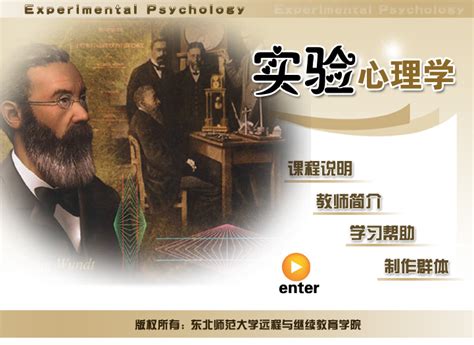心理学经典实验
```html
Exploring Famous Psychological Experiments
Psychology is a fascinating field that delves into the complexities of human behavior and cognition. Throughout history, numerous experiments have been conducted to unravel the mysteries of the mind and shed light on various psychological phenomena. Here, we delve into some of the most famous psychological experiments that have shaped our understanding of human behavior:
Description: Conducted by psychologist Philip Zimbardo in 1971, the Stanford Prison Experiment aimed to investigate the psychological effects of perceived power and authority. Participants were randomly assigned to roles of either guards or prisoners in a simulated prison environment.
Key Findings: The experiment demonstrated the profound impact of situational factors on behavior. The guards quickly became authoritarian and abusive, while the prisoners exhibited signs of extreme stress and psychological trauma.
Implications: The study highlighted the importance of ethical considerations in psychological research and raised questions about the ethics of conducting experiments that involve potential harm to participants.
Description: Conducted by psychologist Stanley Milgram in the early 1960s, the Milgram Experiment investigated the willingness of participants to obey authority figures, even when their actions conflicted with their personal conscience.
Key Findings: The experiment revealed that a significant majority of participants were willing to administer what they believed to be increasingly painful electric shocks to another person simply because they were instructed to do so by an authority figure.
Implications: The study highlighted the power of authority and social pressure in influencing individual behavior, raising ethical concerns about obedience to authority and the potential for harm in social conformity.
Description: Conducted by psychologist Solomon Asch in the 1950s, the Asch Conformity Experiment aimed to investigate the extent to which individuals would conform to the majority opinion, even when it contradicted their own perceptions.
Key Findings: The experiment demonstrated that a significant proportion of participants would conform to the erroneous judgments of the majority, even when the correct answer was obvious. Social pressure played a crucial role in influencing conformity.
Implications: The study highlighted the power of social influence and the tendency for individuals to suppress their own judgments in order to fit in with the group. It underscored the importance of individual autonomy and critical thinking in the face of social pressure.
Description: Conducted by psychologist John B. Watson and his assistant Rosalie Rayner in 1920, the Little Albert Experiment aimed to demonstrate that emotional reactions could be conditioned through classical conditioning.

Key Findings: The experiment involved conditioning a young child, "Little Albert," to fear a white rat by pairing its presentation with a loud, frightening noise. Eventually, Albert developed a fear not only of the rat but of similar stimuli.
Implications: The study illustrated the principles of classical conditioning and the potential for the formation of phobias through associative learning. It raised ethical concerns regarding the use of vulnerable populations, such as children, in psychological research.
Description: Conducted by psychologist Albert Bandura in 1961, the Bobo Doll Experiment aimed to investigate the role of observational learning and modeling in aggressive behavior.
Key Findings: The experiment involved exposing children to aggressive or nonaggressive adult models interacting with a Bobo doll. Children who observed aggressive behavior were more likely to imitate it when given the opportunity.
Implications: The study demonstrated the significance of observational learning in shaping behavior and highlighted the role of media and role models in influencing aggression. It emphasized the importance of promoting positive role models and media portrayals.
These famous psychological experiments have significantly contributed to our understanding of human behavior and cognition. They continue to inspire further research and ethical considerations in the field of psychology.
